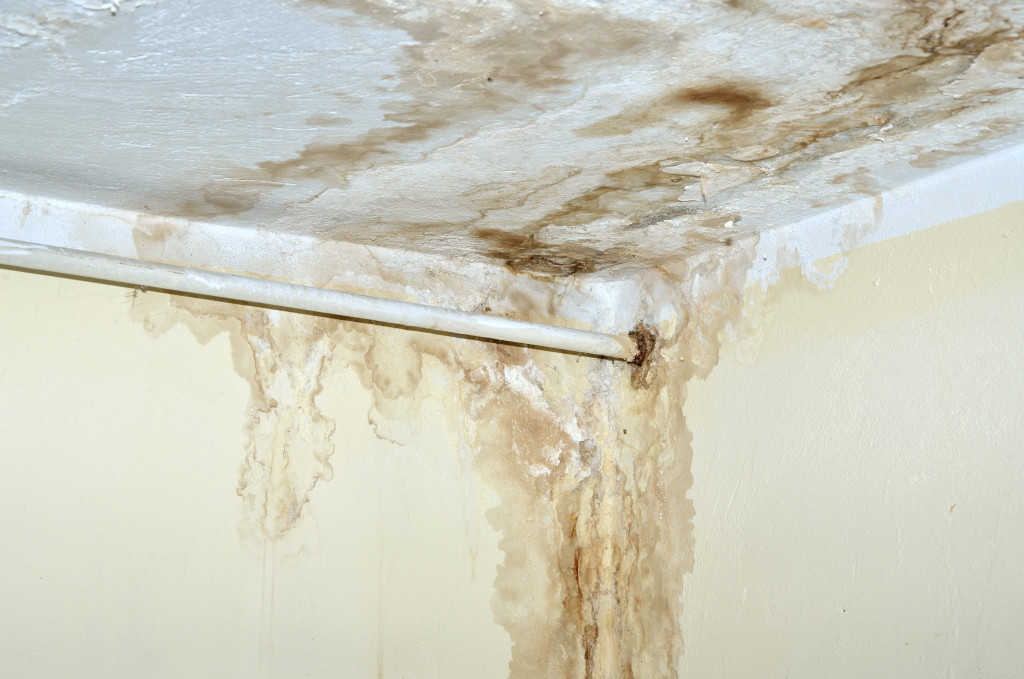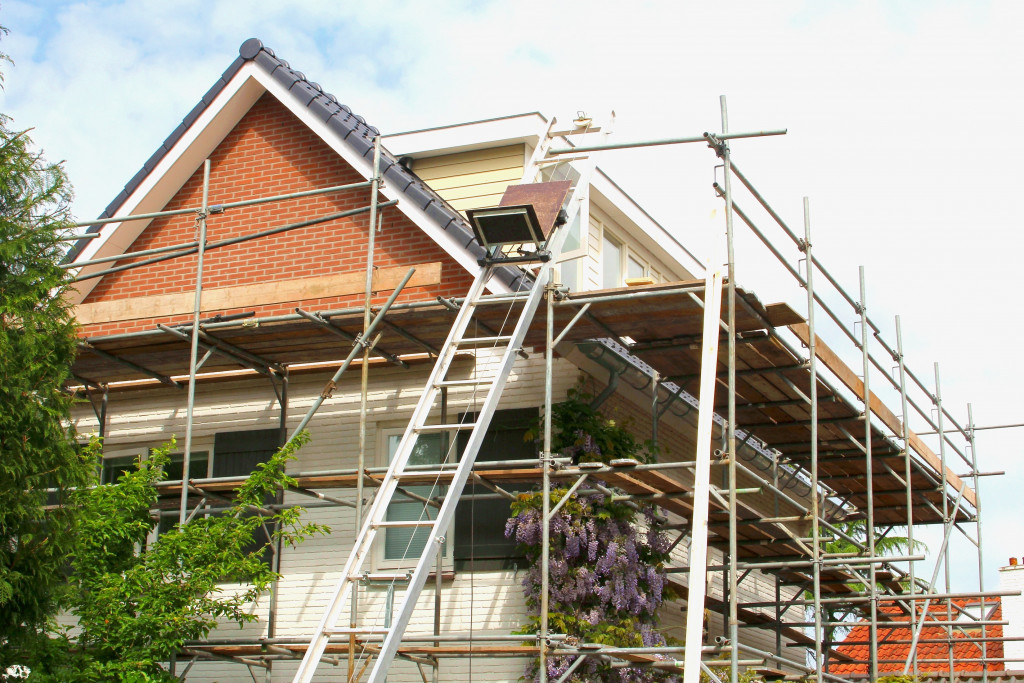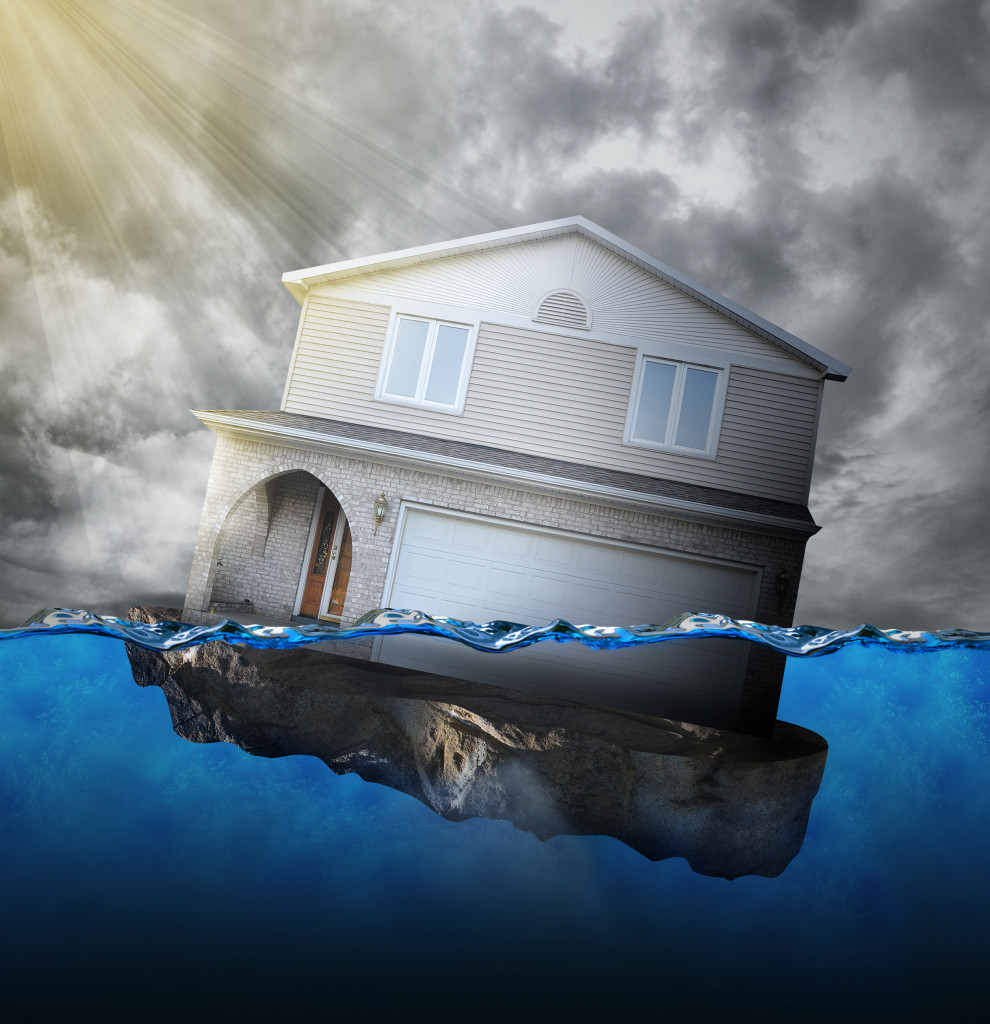- Home values have risen to over $400,000 on average in the U.S.
- Moisture damage, outdated appliances, and outdated eyesores can lower a home’s value.
- Regular maintenance, inspections, renovations, and neighborhood improvements are necessary to maintain a home’s value.
- The 1% rule of thumb for home maintenance requires saving 1% of the home’s value annually for upkeep.
- Working with an experienced real estate agent can help increase the property’s value in the future.
As a homeowner, it is important to maintain your property value to ensure a high return on investment. Subtle changes within your home can significantly impact its value in the long run. While maintenance and renovations are crucial factors contributing to a home’s value, some problems may exist without your knowledge. Here’s what you need to know about home value, why yours is decreasing, and what you can do to deal with this problem.
Home Value in The U.S.
It’s estimated that homes have reached an average value of over $400,000. It’s a significant jump from a few decades ago when the average home value was around $200,000. Staying on top of property values is essential to ensure you can sell them at the right price.
Reasons Your Home is Losing Value
There are various reasons why your home’s value may start to decrease. Some of these include:

Moisture
One of the leading causes of home value loss is moisture damage. Moisture can lead to mold or mildew growth, which can cause a decrease in your home’s value. If you notice any signs of water damage, such as peeling paint, check for mold and take steps to eliminate it.
Additionally, ensure that you stop moisture from accumulating outside your home. If you have a deck, ensure you’ve applied a reliable waterproof decking system to protect it. The system is made of durable materials to protect your deck and your home’s value.
Outdated Appliances
If you live in a home with outdated appliances, you’ll have to deal with inefficiencies, high energy bills, and lower property value. Homebuyers are more drawn to modern appliances that offer energy efficiency and functionality. Consider upgrading your appliances to provide more value added to your home.
Outdated Eyesores
Do you still have vintage wallpaper in your kitchen or brightly colored shag carpeting in your living room? While you may hold a deep sentimental attachment to these types of home decor, they could negatively impact the value of your home. To maintain and improve your home’s value, consider removing outdated or unappealing decor and replacing them with more contemporary alternatives that appeal to modern buyers.
Poor Resident’s Care
Your home may be your castle, but how you treat it affects its value. A home neglected or damaged due to renters or your neglect could significantly lower its value. Regular inspections, cleaning, and proactive maintenance can help keep your home in shape. If you rent out your property, conduct regular checks on the unit and promptly address any issues with your tenants.

Poor Neighborhood Maintenance
If your neighborhood is not regularly maintained, it could negatively affect your home’s value. Neighborhoods with lush landscaping, well-maintained sidewalks, and roads have added advantages over poorly managed residential areas. To add value to your home, you could take up communal maintenance tasks, urge your neighbors to work together or write to your local authorities to request routine maintenance of public property near your residence.
How to Ensure That Your Home Maintains its Price
You must make proactive decisions to ensure that it maintains its price. Here are four ways to do that:
Annual Maintenance
It’s essential to conduct regular maintenance checks on your property for repair or replacement issues. You should also keep track of the energy efficiency of your appliances and replace them if necessary. You must follow the 1% rule of thumb for your home maintenance which means saving 1% of your home value annually for maintenance.
Regular Inspection
A professional must inspect your home every few years to ensure it is up-to-date and safe from potential hazards.
Renovations
Upgrading certain features in your home, such as kitchen or bathroom fixtures, can add value to your property, so consider making renovations where necessary.
Neighborhood Improvement Initiatives
If you notice that your neighborhood is not being maintained properly, look into ways you and other residents can improve its condition and overall appeal.
Finally, remember that adding value to your home doesn’t necessarily mean costly renovations. Small changes like painting the walls or trimming the bushes can make a big difference at an affordable price. With regular maintenance and proactive updates, you’ll be able to maintain your home’s value and benefit from a higher return on investment when it comes time to sell.
If your home is losing value due to more complex issues requiring professional help, contact an experienced real estate agent for advice. They may be able to provide valuable tips or walk you through financing options that could help increase your property’s value in the future. It’s always best to be proactive when managing your home’s value instead of reactive, so take the time to protect your investment and maximize its potential.

